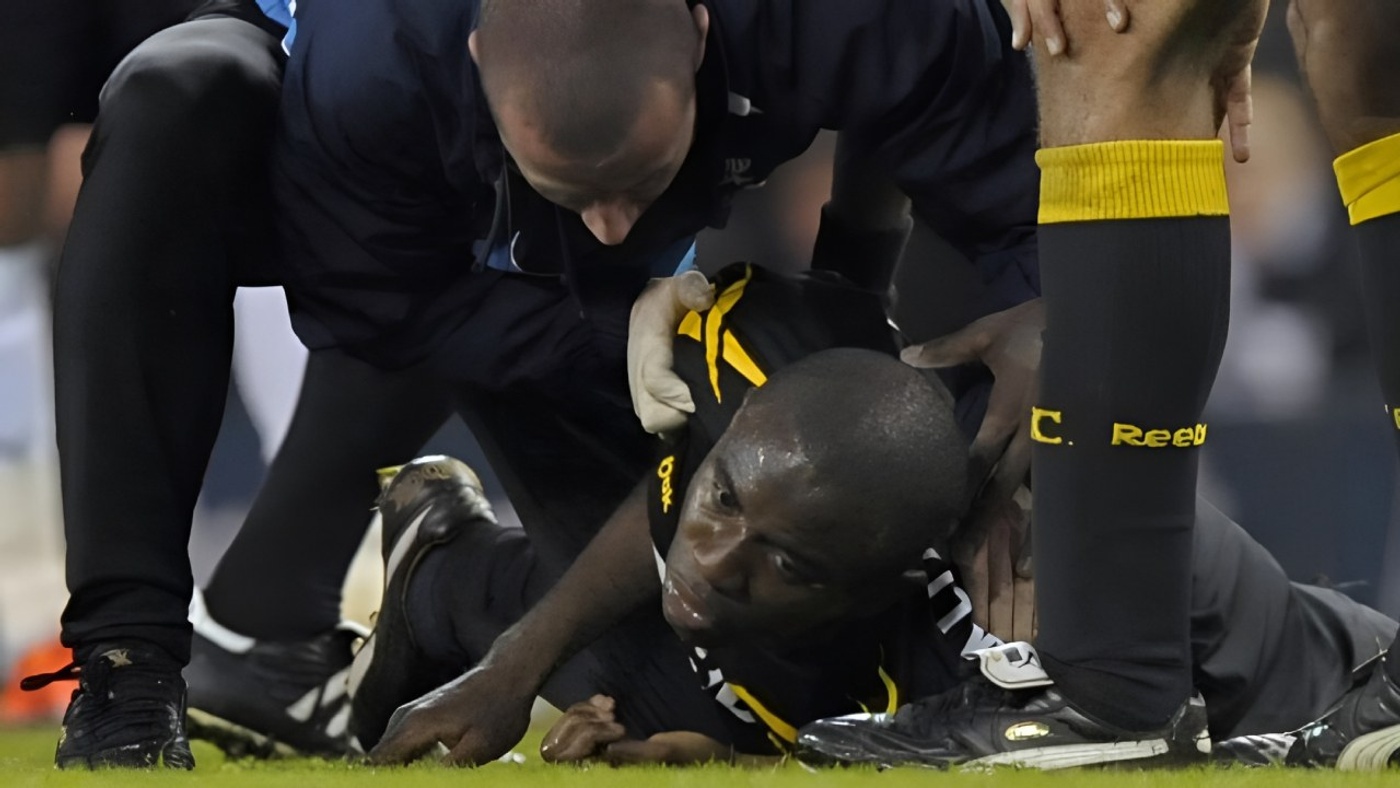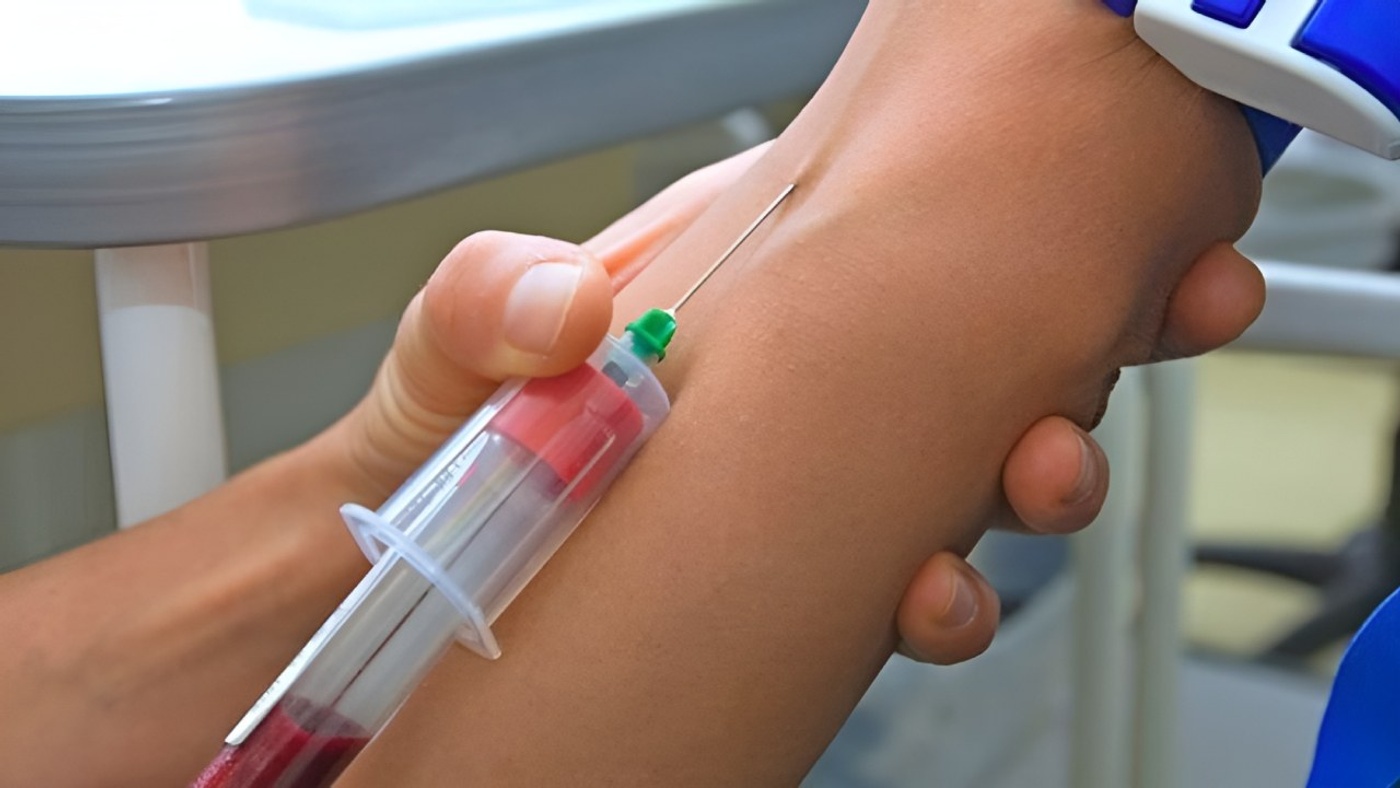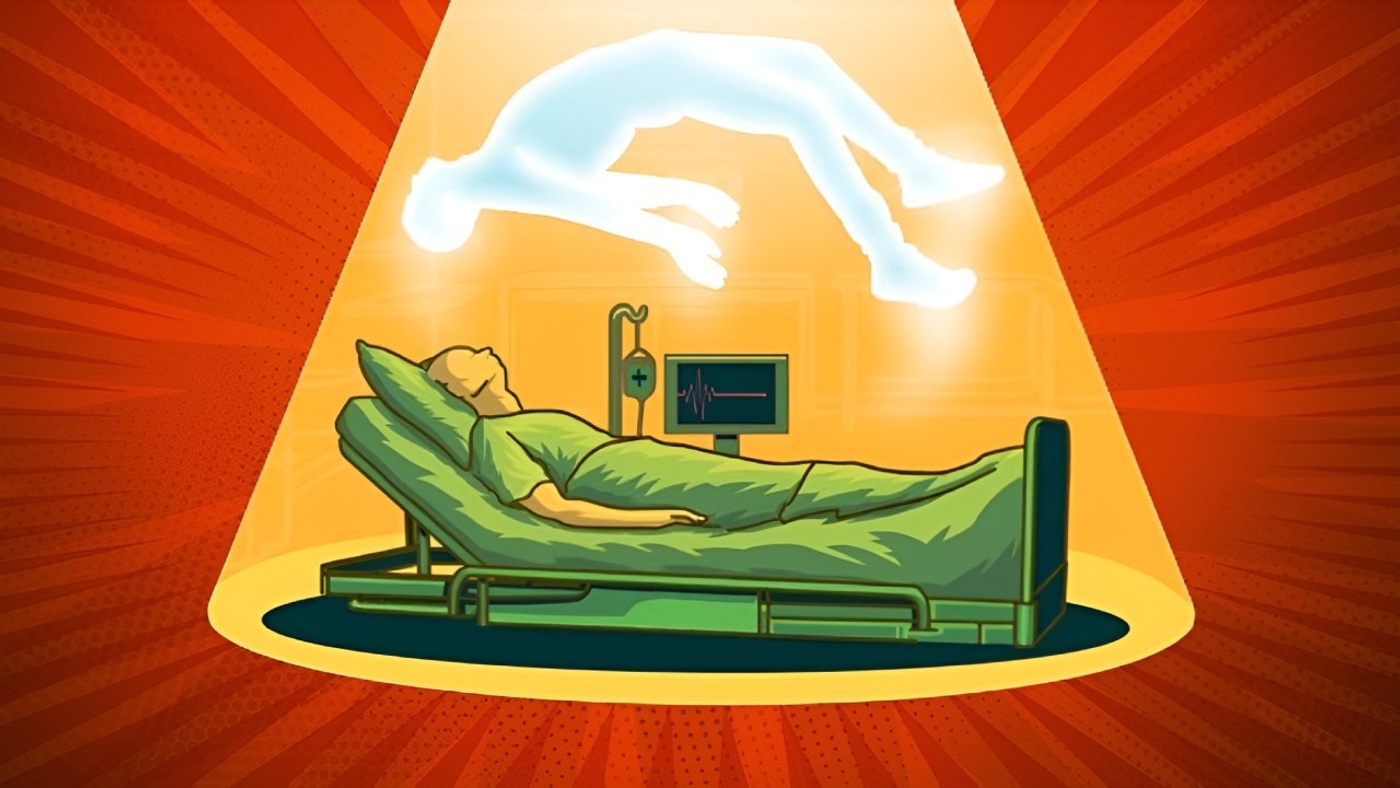Death is perhaps one of the greatest mysteries of life. We will all have this experience one day, but we don’t have a clear idea of what the moment of death will feel like. The accounts of those who have come back from the brink of death due to various medical conditions can give us some clues in this regard.
Fabrice Muamba’s near-death experience

The experience of Fabrice Muamba, who suffered a heart attack during a soccer match almost 12 years ago, provides valuable insights into what it feels like to walk the fine line between life and death. After collapsing during the match, Muamba was close to death, showing no vital signs for a long time. According to his own testimony, in those moments he felt like he was in someone else’s body and experienced surreal dizziness. He said that a friend appeared in front of his eyes and that he felt no pain.
French Pharmacist’s Experience of Loss of Consciousness

A French pharmacist had a similar experience when he lost consciousness. The pharmacist, who lost consciousness during the blood collection process, said that at those moments he was in an environment of intense light and felt that his body was leaving the world.
What to Remember After a Heart Attack

A study conducted in a hospital found that some of the patients who came back to life after a heart attack remembered what they had experienced in the minutes they were unconscious. These patients expressed a peaceful and irreversible borderline state of being on the brink of death. From a scientific point of view, it has been determined that those who can remember these experiences have high blood-oxygen levels and thus remember their experiences more clearly.
Research and Findings
Another study, conducted in 15 hospitals in Europe and the US, showed that some patients had detailed recollections of their near-death experiences. These memories include the sounds heard and touches felt during medical interventions.
As a result, the moment of death and its aftermath are personal and unpredictable. But medical interventions and blackouts can help us to unravel some of these mysterious moments.
Source: The Guardian


